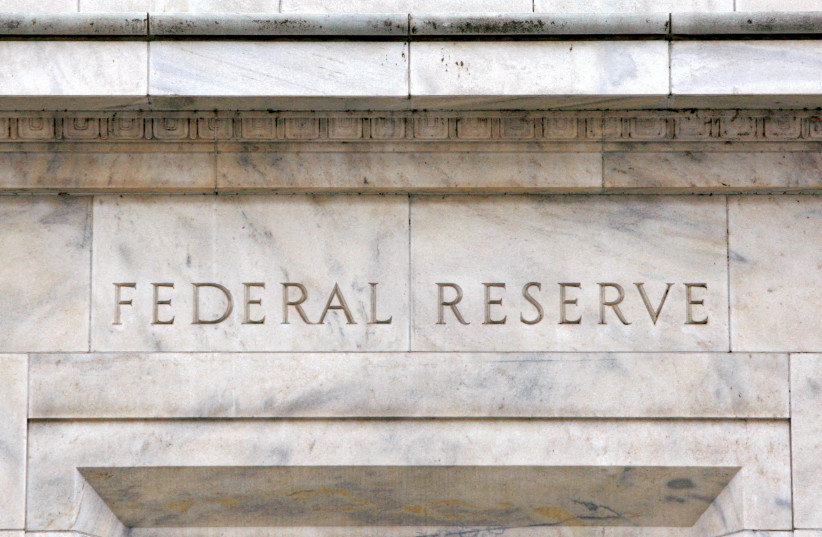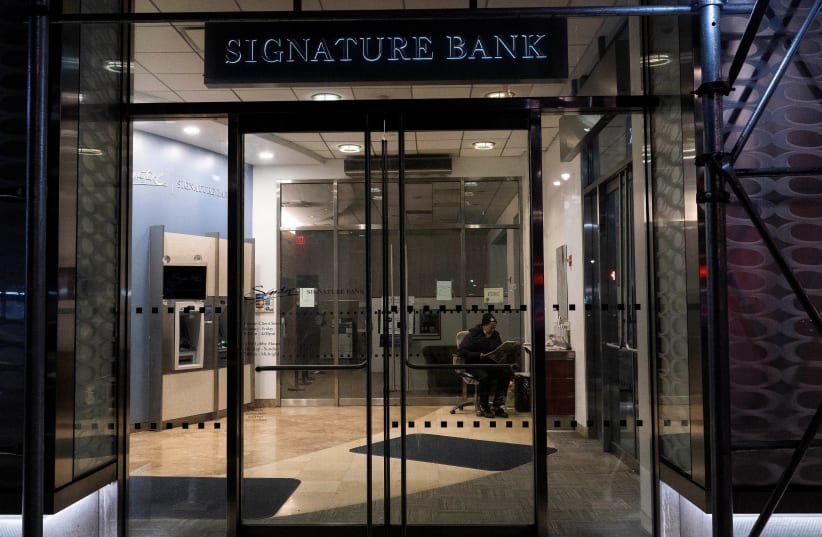President Joe Biden will on Monday address a banking crisis that led US regulators to step in with a series of emergency measures after the collapses of Silicon Valley Bank and Signature Bank threatened to trigger a broader systemic crisis.
Biden on Sunday hinted at new regulation of big banks after the biggest US bank failure since the 2008 financial crisis, but faces a divided Congress unlikely to approve tougher new rules.
His economic team worked with regulators over the weekend on the measures, which included guaranteeing deposits in both banks, setting up a new facility to give banks access to emergency funds and making it easier for banks to borrow from the Federal Reserve in emergencies.
The moves sent waves of relief through Silicon Valley and made stock futures rally, but the crisis is testing confidence in the US financial system and fears remained the fallout would roil global markets in the week to come.
"The American people and American businesses can have confidence that their bank deposits will be there when they need them," Biden said in a statement.

Keeping the economy on track
Biden would give remarks on Monday morning on additional plans to keep the economy on track amid a crisis sparked by the sudden collapse of Silicon Valley Bank (SVB) last week, he added.
"I am firmly committed to holding those responsible for this mess fully accountable and to continuing our efforts to strengthen oversight and regulation of larger banks so that we are not in this position again," Biden said.
Rules introduced after US banks sparked a global financial crisis in 2008 by aggressive mortgage lending may come under the spotlight in the coming days. They were partially repealed in 2018 under former President Donald Trump.
The changes to the Dodd-Frank Act pushed by Republicans raised the threshold at which banks are considered systemically risky and subject to stricter oversight to $250 billion from $50 billion. Silicon Valley bank had $209 billion in assets at the end of last year.
"I am firmly committed to holding those responsible for this mess fully accountable and to continuing our efforts to strengthen oversight and regulation of larger banks so that we are not in this position again."
President Joe Biden
Democrat Biden faces a divided Congress after Republicans took control of the House of Representatives in January, and new US bank regulations could be difficult.
"The prospect of legislation in this polarized political world is very low," John Coffee, a professor at Columbia Law School, told Reuters.
"The real problem here is that banks that are holding illiquid loans or securities on a hold-to-maturity basis do not have to mark them down even though they have a market value well below their balance-sheet value. But when (SVB) sold some of these and revealed their loss, they created some panic."
A calm and orderly resolution
Senator Tim Scott, a Republican from South Carolina who sits on the Senate's banking, housing and urban affairs committee, said it was important to bring markets to a "calm and orderly resolution," but warned against too much intervention.
"Building a culture of government intervention does nothing to stop future institutions from relying on the government to swoop in after taking excessive risks," Scott said in a statement, adding he was committed to bringing accountability for the crisis.
"We deserve to know what exactly happened and why,” Scott said.

